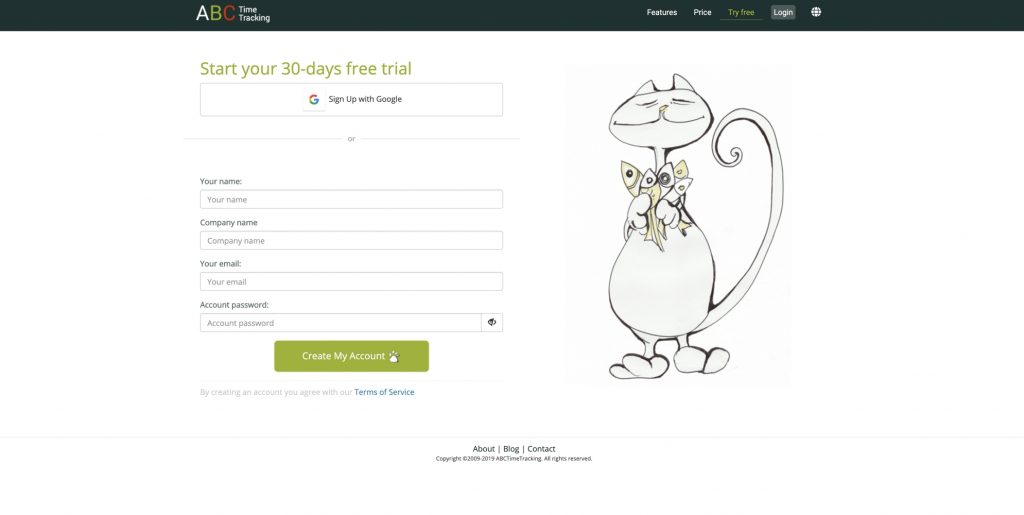
I know you’re always wondering why time flies so fast, why you don’t manage to finish work on time or why your employees don’t respect a project’s deadline. It sounds hilarious, but time really flies, especially when you work on multiple projects, different tasks and even different job sites.
I’ve been there too, I really feel you. And then I started tracking time.
1. Legislation
First things first. According to the Court of Justice of the European Union, time tracking has became mandatory in the European states in May 2019, due to the lawsuit against Deutsche Bank in Spain (read about this here). So basically, each company has to implement a time tracking system that allows employees to track their worked time in detail to ensure that the labor laws are complied with and people are not working overtime.
In the United States, the FSLA (Fair Labor Standards Act) states that every employer has to keep a mandatory record of each employee related to:
- Employee’s full name and social security number.
- Address, including zip code.
- Birth date, if younger than 19.
- Sex and occupation.
- Time and day of week when employee’s workweek begins.
- Hours worked each day.
- Total hours worked each workweek.
- Basis on which employee’s wages are paid (e.g., “$9 per hour”, “$440 a week”, “piecework”)
- Regular hourly pay rate.
- Total daily or weekly straight-time earnings.
- Total overtime earnings for the workweek.
- All additions to or deductions from the employee’s wages.
- Total wages paid each pay period.
- Date of payment and the pay period covered by the payment.
Therefore, even the law is in your favour.
2. Management
Secondly, you want to know precisely what you’re working on, what your employees are working for and how much and how much you will bill your clients. Time is money and in order to maintain a healthy and profitable business you need to gain and have control over every little detail related to work flow, time invested, expenses and incomes. This is where a time tracker comes in handy because it will improve your team’s productivity and the company status overall. It’s all about strategy.
3. Precision
Moreover, by tracking time you will discover how much time it really takes to complete tasks, how little interruptions affect your work flow and how hard it is to get back on track, what are the most time consuming activities and how to improve your schedule. All in all, you will realize that the most important tasks get lesser time than they deserve. And it is not good.
4. Improvement
Convincing your employees to track time might be difficult, but worth it in the end. You will observe the distractions or the breaks that impact work. You will be able to suggest improvements and even make adjustment to the company’s schedule or politics. Employee time tracking is an investment for improvement. Yours, your employees and your company’s.
Let’s take AbcTimeTracking. The onboarding process is quite simple: sign-up with your Google account or insert your name, your company’s name, your email address and password.

And you’re in! Yay!
Define your company preferences, add your employees and you’re almost
ready to go. Add clients, projects and assign employees to their
projects. Now, your employees can start time tracking, project time
tracking and you will get better insights on your current projects and
your employees worked hours. I know it sounds cheesy, but trust me, it
is useful to have all these in a single place. Like I said before, you
will get precision on time dedicated to projects and by knowing worked
hours for your employees you will know exactly the necessary payments.
Moreover,
you will be able to observe if there are employees that spend more time
than they should at work, and you will be able to make adjustments for
their own benefit.
Time tracking might be tricky to begin with: your employees will refuse it, you will be caught in the middle and considered the bad cop. In the end, you are monitoring the company activity, not the individual activities.